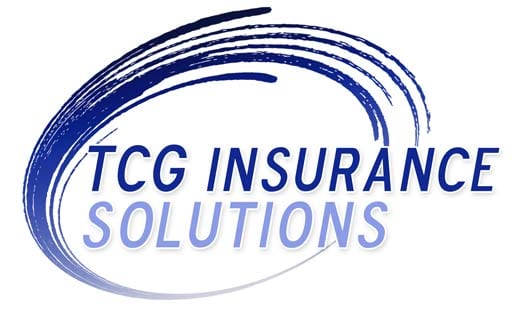Upon reaching the golden years of retirement, many believe the hard part is over. However, this new chapter brings its own set of financial challenges. One must successfully navigate the management of living expenses, insurance needs, and tax considerations, ensuring that the retirement nest egg lasts and thrives.
Living Expenses
Retirement doesn’t mean the cessation of bills. From groceries to utility bills and housing costs, these persist as constants. Costs of living may even increase due to additional health requirements or leisure pursuits that accompany the leisurely pace of life. It’s crucial to assess living expenses with a clear eye and realistic expectations.
Housing costs often represent the most significant chunk of living expenses. Some retirees opt for downsizing, relocating to areas with a lower cost of living, or even choosing a reverse mortgage. Whichever path is chosen, it’s important to keep housing costs within manageable limits. Energy costs, groceries, and transportation may also fluctuate depending on lifestyle changes. Planning and budgeting become paramount in managing these expenditures.
Insurance Needs
After living expenses, insurance needs figure prominently. Ensuring comprehensive coverage without straining financial resources can be a delicate balance. Health insurance is indispensable. It’s common to transition to Medicare upon reaching 65, but understanding the different parts of Medicare—Parts A, B, C, and D—is critical. Each covers different aspects of healthcare, and sometimes supplemental insurance, called Medigap, may be necessary for full coverage.
Long-term care insurance is another facet of retirement planning often overlooked. Given that the U.S. Department of Health and Human Services estimates that nearly 70% of people turning 65 today will require long-term care at some point, it’s a factor that warrants attention. When it comes to dental care, options exist beyond traditional insurance. Instead of dental insurance, you can join a dental discount plan for an annual fee. These plans offer sizable discounts on a wide range of procedures and can be more affordable than traditional dental insurance.
Taxes
Taxes remain a fact of life, even in retirement. Pensions, Social Security benefits, withdrawals from retirement accounts – all these can be subject to taxes. Pension income, whether from a private or government source, is often taxable. The tax rates vary depending on the total income and filing status. Social Security benefits can be partly taxable based on income, while withdrawals from tax-deferred retirement accounts like traditional 401(k)s or IRAs are usually taxable as ordinary income. However, careful planning can help manage tax burdens effectively. Moreover, potential state taxes on these income sources also warrant attention. Some states exempt certain retirement income, while others do not.
Retirement is a time to enjoy the fruits of years of labor. Navigating the financial aspects may seem daunting but with proper planning and judicious management, one can maintain a stable, comfortable lifestyle in the golden years. It’s about understanding the costs involved, from daily living expenses to insurance requirements to tax implications, and building a plan that is sustainable, flexible, and responsive to changing needs. With the right strategies, retirement can truly be the fulfilling and worry-free period it’s meant to be.
Check out this article on: How to Stay Physically Active in Retirement


